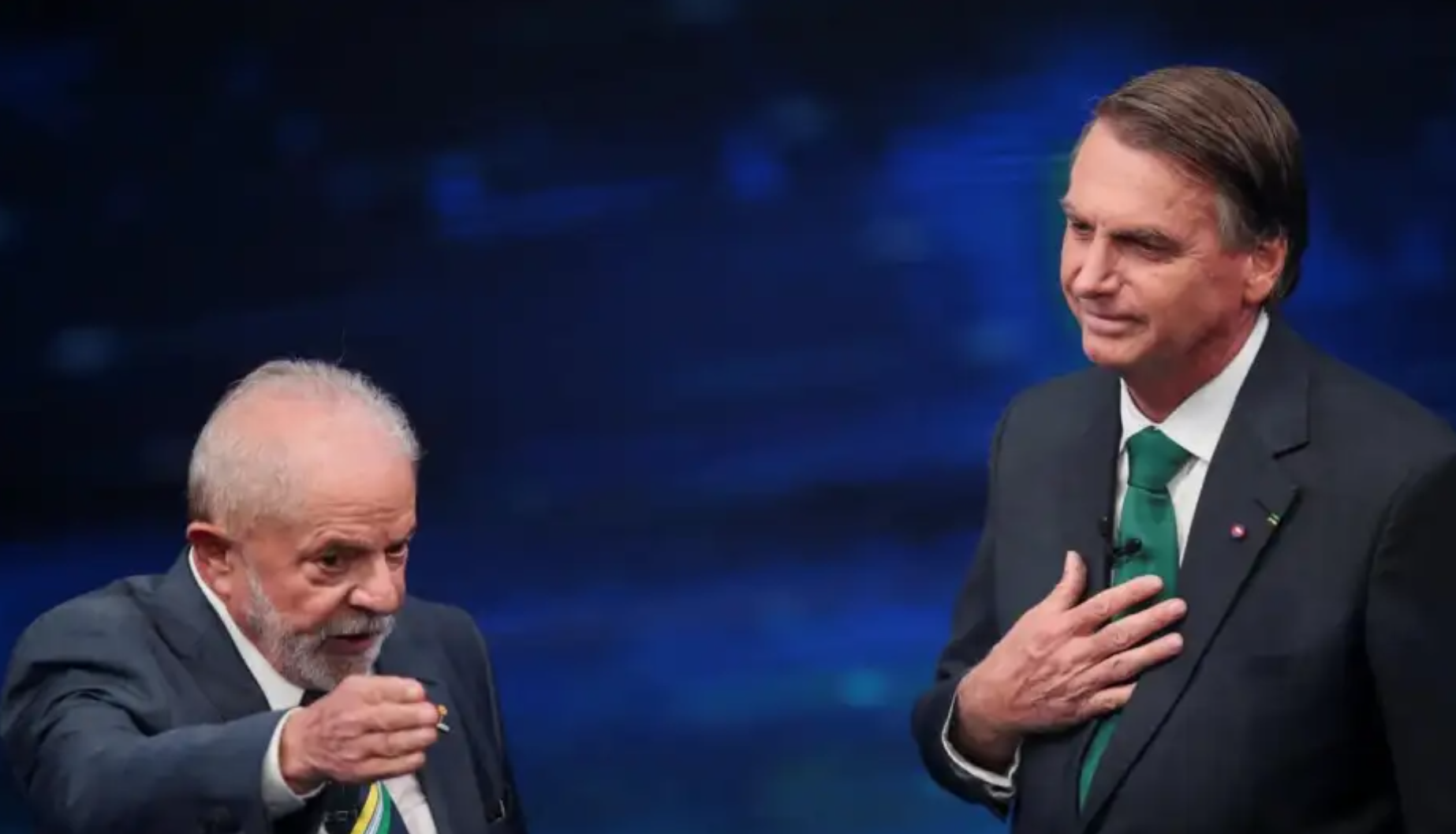Luiz Inácio Lula da Silva is probably the Latin American politician who has run for president the most times in the last four decades and, together with the Dominican Leonel Fernández, the one who has won the most competitive elections. His age, 77, will make him the oldest president in the region as of next January. His two previous presidential terms (2002-2006 and 2006-2010) marked, besides the historic arrival to power of a man of the left, also constituted a period of progress in democracy, economic growth and wealth distribution, with the consequent reduction of inequality and the elimination of important pockets of poverty.
The economic bonanza, weak control mechanisms, and an indiscriminate distribution of the political pie among broad sectors of the political class triggered cases of corruption that reached widespread levels. Lula’s political enemies pointed to him as the person most responsible, but his guilt was never reliably proven, although he was sentenced to 580 days in prison. This circumstance disqualified him from being a candidate in 2018.
Brazil, on the other hand, is a unique case of coalition presidentialism, which means that governments are accustomed to generating broad coalitions in the Legislative Branch to advance their public policies. The high number of political formations, as well as the high proportionality criteria in its legislative electoral system, make the country one of the most fragmented in its party system.
It is also a federal country with states such as São Paulo, with a large population and an economy that would place it in third place among Latin American countries if it were independent. The country also has a notable difference between its own states in terms of the main socioeconomic variables. On the other hand, since 1985 it has been consolidating political institutions in the area of Public Administration, the Judiciary and the Superior Electoral Court, whose performance is exemplary. In addition, it achieved the subjugation of the military to civilian power.
However, four years ago, the unusual election of a candidate with meager political qualifications changed the political scenario in two directions marked by a worrying level of deinstitutionalization. First, the winner of the elections, Jair Bolsonaro, launched an operation of extreme personalization and then questioned a fundamental part of the democratic order, such as the electoral order, which made it the center of his diatribes and the consequent erosion of democracy.
After four years of calling into question an exemplar electoral system, articulated since 1996 through electronic voting, complaints about alleged irregularities increased 20-fold from a figure of around 700 in 2018 to 14,000 in 2022. In the first presidential round in which the Congress and electoral authorities were also elected, the nearly 700 million votes cast were counted in less than three hours with no notable deviations reported, and the work of the Superior Electoral Tribunal was revalidated by the plurality of international observers.
Brazil’s elections have had certain similarities in terms of results compared to its neighboring countries. The most obvious is the fact of political alternation, as has happened in all the free and competitive elections held in the last three years in Latin America where the opposition won power. Secondly, as happened recently in Chile and Colombia, a leftist candidate came to power. Thirdly, the Government will have to work to put together an alliance that will support it in Congress, something that is also happening in these two countries, as well as in Costa Rica, Peru, and Uruguay, which also had recent elections. Finally, the margin of victory of the winner over the loser was just over two million votes, that is, 1.8% of the electorate, a figure higher than that recorded in Peru and Uruguay, where the victory of Pedro Castillo and Luis Lacalle, respectively, occurred by an even smaller difference.
Nevertheless, a good number of published opinion works have obsessively insisted on the idea of a radically divided country, when the scenario is more complex. It is not only a question of the advance of the so-called affective polarization as opposed to the classic ideological polarization; what has happened must be linked to the effects of presidentialism in which the logic followed is that of “zero-sum” and the result is that the winner takes all.
Moreover, in a scenario where only two candidates are competing, the trend only consolidates the media battle that has been raging for months, if not years. The electoral campaigns focused on candidates are now refining their strategies in the hyper-individualism that is taking over liquid societies through the use of new information and communication technologies. The explosion of hoaxes and the management of the sounding boards that constitute the social networks empty the campaigns of any programmatic content.
Lula has the support of a political party he founded four decades ago, which maintains a certain solvency in the political panorama of the country, and has the support of traditional politicians of the Brazilian political system who are situated in the center-right spectrum, as is the case of his partner Geraldo Alckmin, former President Fernando Enrique Cardoso and candidate Simone Tebet.
On the other hand, the geographical location of the vote only represents a historical country’s division in terms of its income. This division is reflected in the fact that Lula won in 13 states, and Bolsonaro won in 14. A relevant state such as Minas Gerais has once again voted as the country’s average.
In the face of this, Bolsonaro sees his political capital dilapidated by being left out of the institutions and does not even have the security of counting on the borrowed party that supported his candidacy. Bolsonaro faces now the management of its own assets in the legislative and state spheres. For its part, the complex world of evangelism that raised Bolsonaro focused its attention for the next four years on the management of its transversal legislative bench without needing the one who four and a half years ago was baptized again in the Jordan River as a vain premonition of the disaster of the COVID-19 management. Brazilian politics has a president, but no opposition leader.
*Translated from Spanish by Janaína Ruviaro da Silva













